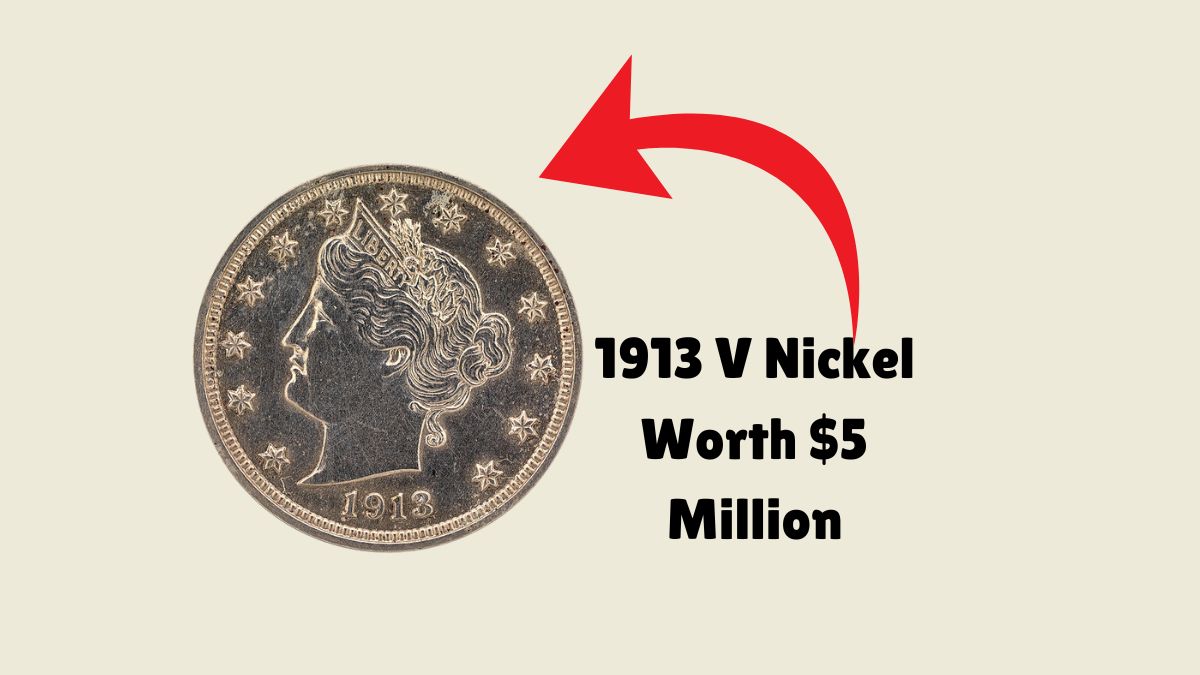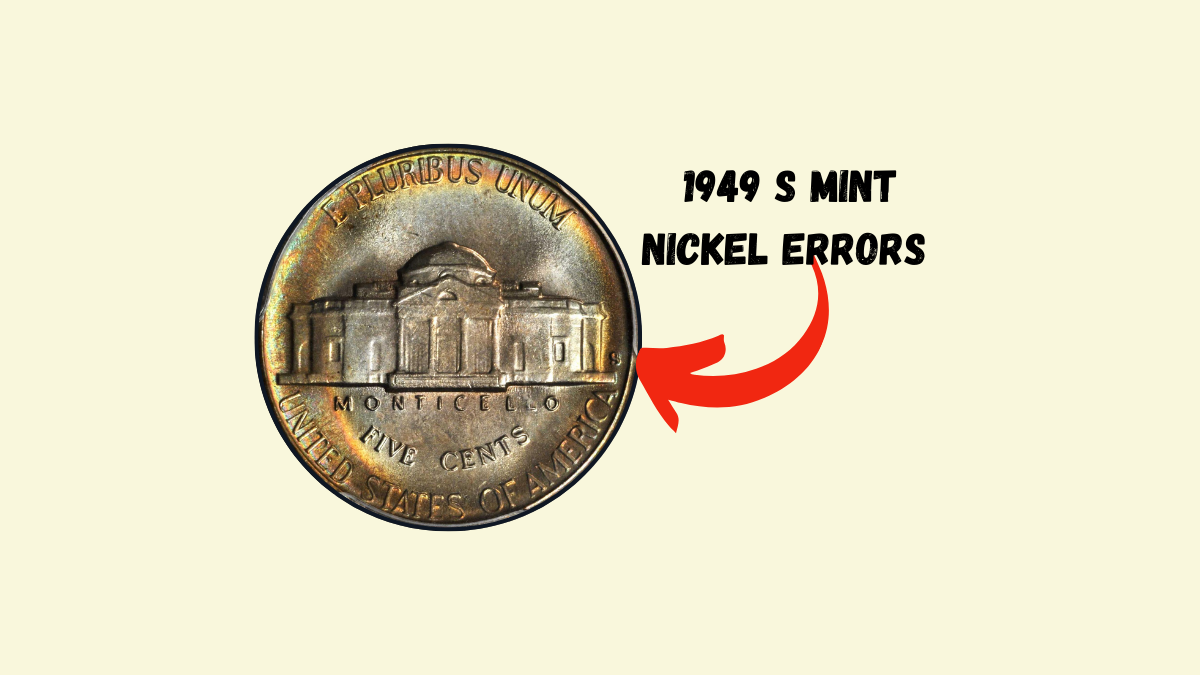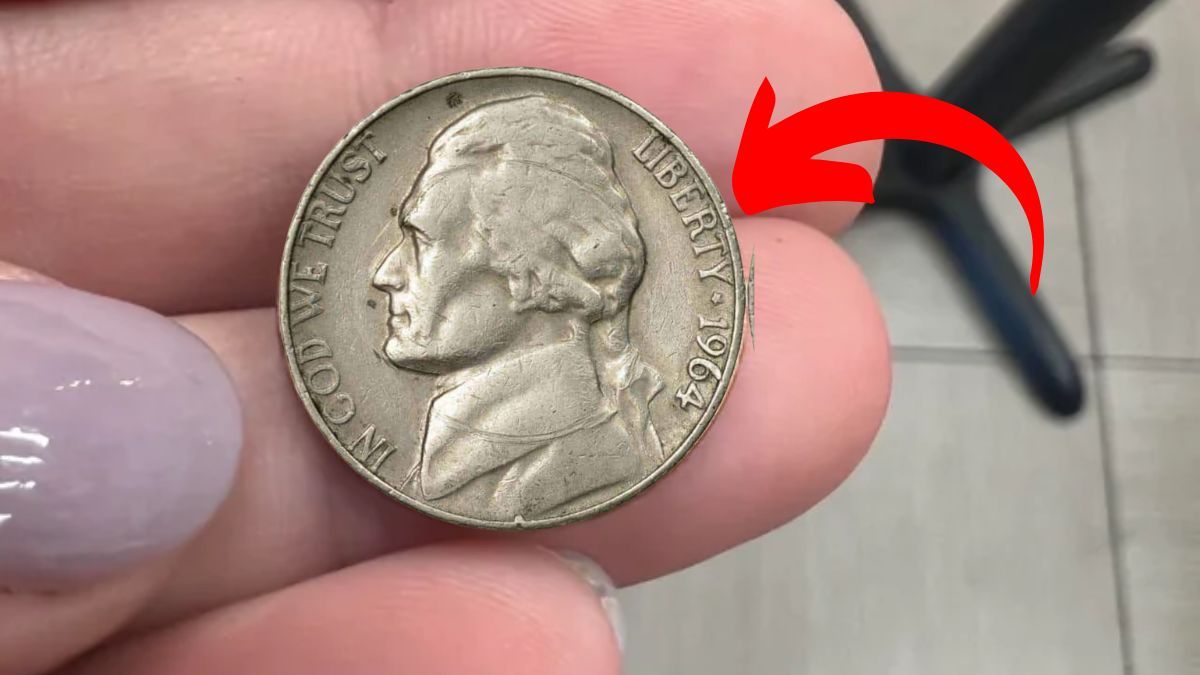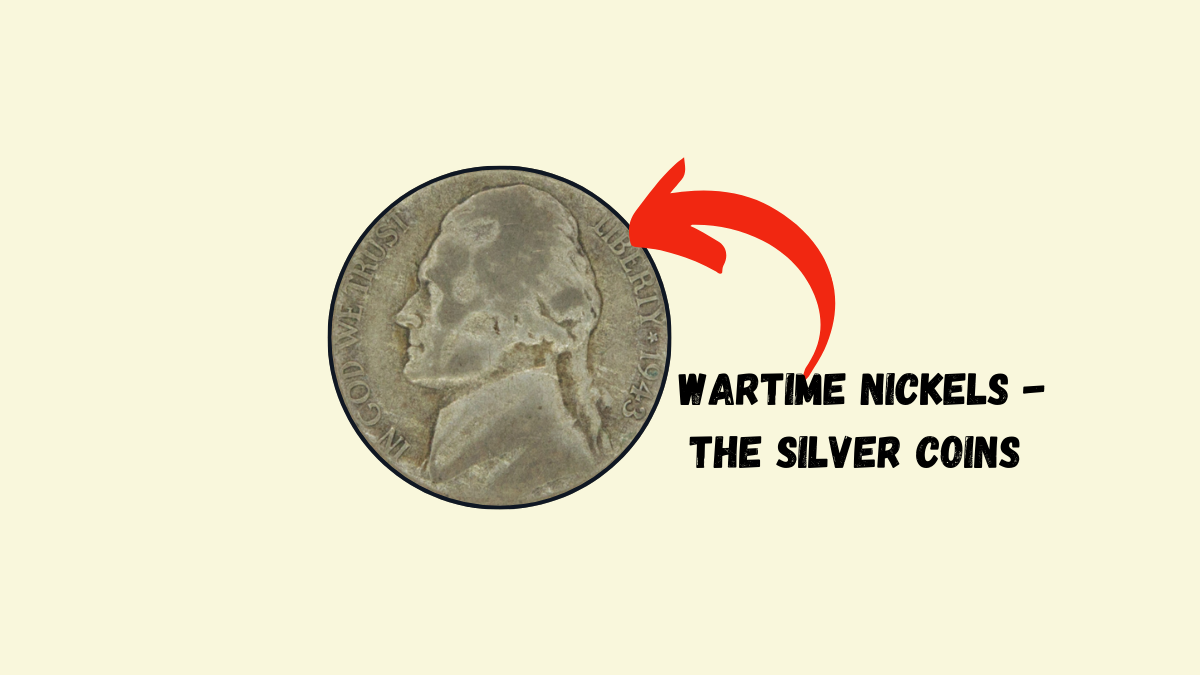The 1913 Liberty Head V Nickel stands as one of America’s most enigmatic and valuable coins, with a value reaching an astounding $5 million.
This elusive coin is shrouded in mystery, from its unauthorized minting to its record-breaking sales at auctions. Here’s a detailed look at why this five-cent piece is considered a collector’s holy grail.
The Origins of the 1913 V Nickel
The 1913 V Nickel, also known as the Liberty Head Nickel, was never officially authorized for production.
The U.S. Mint stopped producing Liberty Head Nickels in 1912, transitioning to the Buffalo Nickel in 1913. However, five Liberty Head Nickels dated 1913 were secretly minted, likely by a rogue employee.
These five coins have since become some of the most sought-after collectibles in numismatic history.
Key Features of the 1913 V Nickel
| Feature | Details |
|---|---|
| Year of Minting | 1913 |
| Design | Liberty Head on the obverse, Roman numeral “V” on the reverse |
| Material | 75% copper, 25% nickel |
| Weight | 5 grams |
| Diameter | 21.2 mm |
| Estimated Value | Up to $5 million |
| Total Known Coins | 5 |
Why Is the 1913 V Nickel So Valuable?
- Rarity
With only five known specimens, the 1913 V Nickel is among the rarest U.S. coins ever produced. - Unauthorized Production
The mystery surrounding its creation adds to its allure. These coins were never intended for circulation, and their existence was only revealed in 1920 by a numismatist. - Historical Significance
The coin marks a transitional period in U.S. coinage, bridging the Liberty Head and Buffalo Nickel designs. - Record-Breaking Sales
The coin has fetched staggering prices at auctions. In 2018, one specimen sold for $4.56 million, highlighting its immense desirability. - Condition
Coins in better condition, graded by professional services like PCGS, command higher prices. The Eliasberg Specimen, graded PR66, is considered the finest example and is valued at over $5 million.
The Five Known Specimens
The five 1913 V Nickels are named after their notable owners and histories:
- Eliasberg Specimen
The finest known example, sold for $5 million in a private sale. - Norweb Specimen
Known for its beautiful strike and currently held in a private collection. - Olsen Specimen
Famously appeared on a 1970s episode of Hawaii Five-O and sold for $3.7 million in 2014. - Walton Specimen
Discovered in 1962 after being lost for decades; its value is estimated at $4 million. - McDermott Specimen
The only circulated example, kept in a private collection but occasionally displayed.
How to Identify a Genuine 1913 V Nickel
Given its value, counterfeits are common. Here are some tips to identify an authentic coin:
- Date Placement: The date “1913” must be perfectly aligned and match the Liberty Head design.
- Weight and Composition: Authentic coins weigh exactly 5 grams and are made of 75% copper and 25% nickel.
- Certification: Only buy coins certified by reputable grading services like PCGS or NGC.
- Provenance: Genuine 1913 V Nickels have well-documented ownership histories.
The 1913 Liberty Head V Nickel is a testament to the allure of rare and historical coins. Its mysterious origins, unmatched rarity, and record-breaking sales have cemented its place in numismatic history.
For collectors, owning one of these five coins represents the ultimate achievement. Whether you’re an avid collector or simply fascinated by history, the story of the 1913 V Nickel is a captivating chapter in America’s rich coinage heritage.
FAQs
Why is the 1913 V Nickel so rare?
It was never officially minted for circulation, with only five coins produced under mysterious circumstances.
What is the highest price paid for a 1913 V Nickel?
The Eliasberg Specimen sold for $5 million, making it one of the most expensive U.S. coins ever.
How can I verify the authenticity of a 1913 V Nickel?
Professional certification from PCGS or NGC is crucial, along with a documented provenance.




